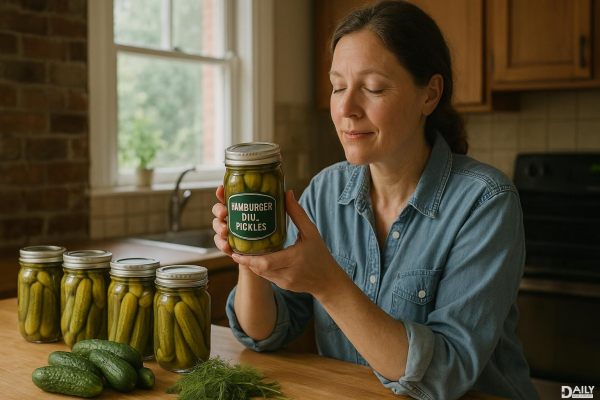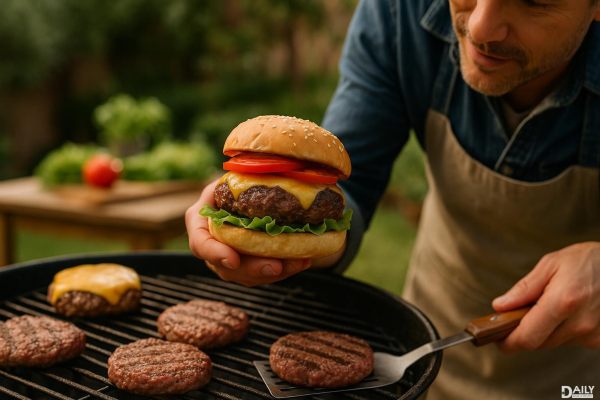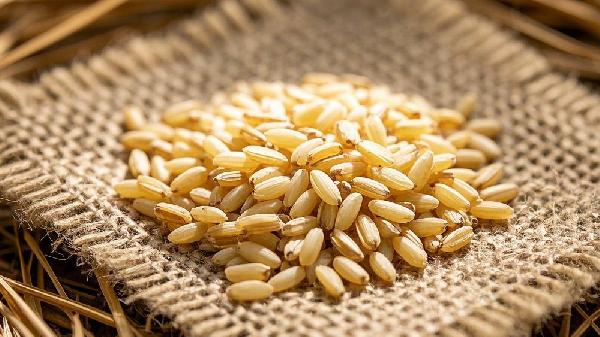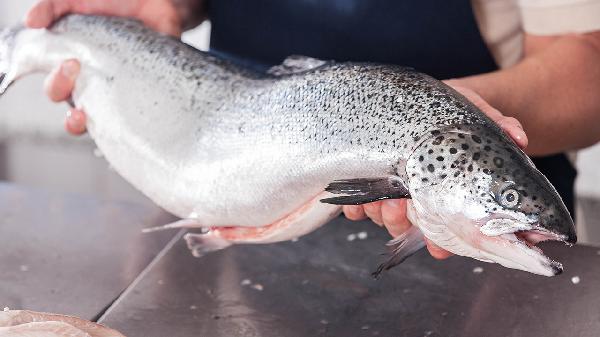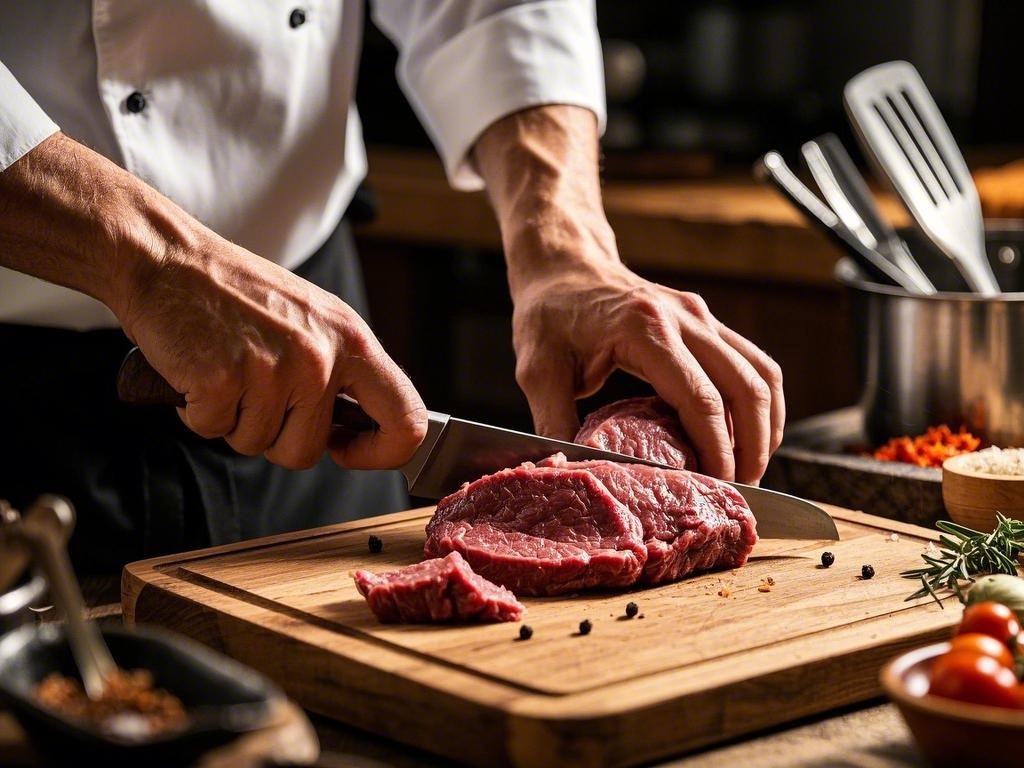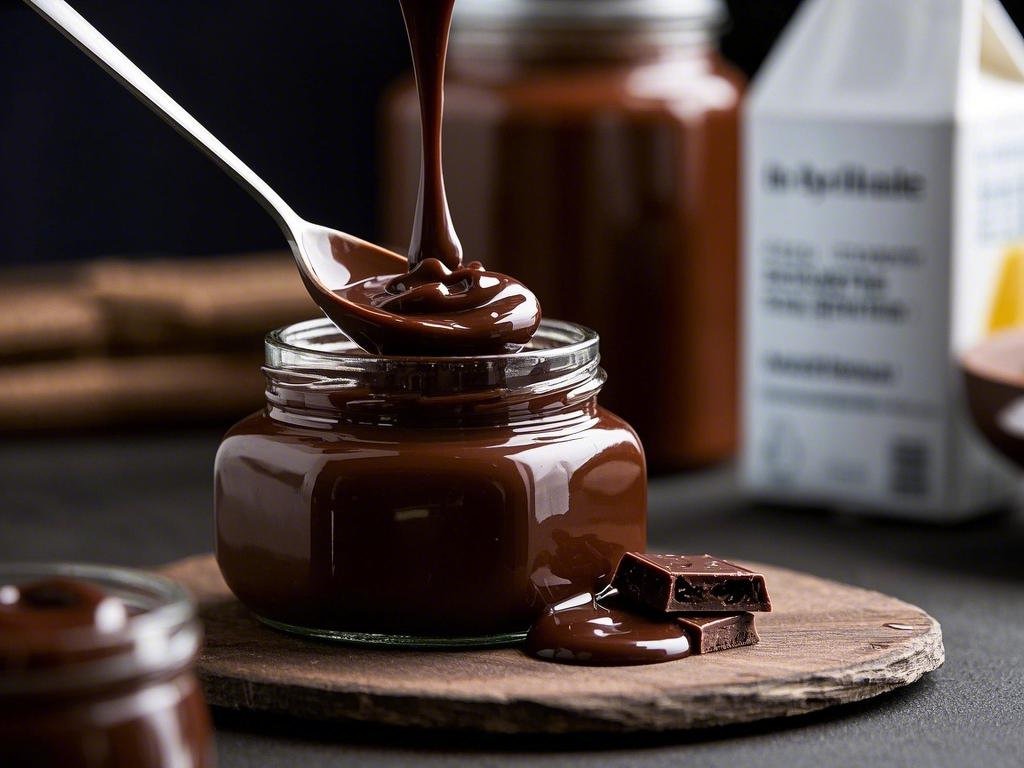Refined carbs are those sneaky little devils that seem to lurk in all our favorite comfort foods. You know the ones—fluffy white bread, buttery croissants, that irresistible bowl of white rice that just hits different with stir fry. But here's the deal: they're not inherently evil, despite what some hardcore health gurus might scream from their organic soapboxes. The truth about refined carbs is way more nuanced than "good" or "bad"—it's about understanding what happens during processing, how your body reacts, and where they fit into your overall eating pattern.
The Science Behind the Refining Process
basically the starchy middle child of the grain family. This gives refined grains that smooth texture and longer shelf life, but it also means saying goodbye to about 25% of the grain’s protein and at least 17 key nutrients, according to USDA data. Some countries mandate "enriching" refined flour by adding back synthetic versions of certain vitamins (like folic acid and iron), but you’re still missing out on the full spectrum of antioxidants and phytonutrients found in whole grains.
Sugar refining is even more extreme. Raw sugarcane juice contains trace amounts of calcium, magnesium, and potassium—but after boiling, filtering, and centrifuging, you’re left with pure sucrose crystals devoid of any nutritional value. That’s why sugar gets labeled as "empty calories"—it’s literally just energy without the supporting cast of vitamins or minerals your body needs to process it effectively.
Why Your Body Reacts Differently to Refined vs. Whole Carbs
Here’s where things get fascinating. Refined carbs digest at warp speed because they lack fiber to slow things down. Picture this: you eat a donut, and within minutes, enzymes in your saliva start breaking those simple sugars into glucose molecules that zoom straight into your bloodstream. Cue the insulin spike as your pancreas scrambles to manage the sugar rush. Contrast that with eating steel-cut oats—the fiber forms a gel-like barrier in your gut, causing sugars to absorb gradually like a slow-drip IV of energy instead of a firehose.
This matters because frequent blood sugar rollercoasters can lead to insulin resistance over time, a hallmark of prediabetes. A 2020 study in The American Journal of Clinical Nutrition found that people who ate the most refined grains had a 37% higher risk of developing type 2 diabetes compared to those who favored whole grains. But—and this is crucial—the study also noted that context matters. Pairing refined carbs with protein (like eggs with toast) or healthy fats (avocado on white rice) dramatically blunts the blood sugar response.
The Cultural and Practical Side of Refined Carbs
sometimes life calls for a baguette. Many global cuisines rely on refined carbs as dietary staples: think Japanese white rice, Italian semolina pasta, or French pastries. Nutritionally, these foods often serve as vehicles for other nutrient-dense ingredients (like veggie-packed stir-fries or protein-rich curry sauces). And let’s not forget that refined grains are often more affordable and accessible—especially in food deserts where whole grain options might be limited or prohibitively expensive.
There’s also the psychological factor. Demonizing foods can backfire, leading to binge-restrict cycles. Registered dietitian Lisa Andrews puts it perfectly: "If you genuinely enjoy white rice with your grandma’s recipe, forcing yourself to eat brown rice just because it’s ‘healthier’ might make you resent healthy eating altogether." The key is intentional enjoyment—savoring that fresh-baked croissant at your favorite café rather than mindlessly inhaling a gas station muffin in your car.
Smart Swaps (When You Want Them)
If you’re looking to upgrade your carb game without feeling deprived, try these RD-approved tweaks that add nutrients without sacrificing enjoyment:
- Pasta Night 2.0: Mix half regular pasta with half legume-based pasta (like chickpea or lentil varieties) for a protein and fiber boost that still satisfies that al dente craving.
And remember—no single food defines your diet. What matters most is the big picture: eating mostly whole, minimally processed foods while leaving room for life’s edible joys. Because let’s be honest, no bowl of quinoa will ever replicate the nostalgic bliss of freshly baked chocolate chip cookies. And that’s okay.
Lauren Manaker is an award-winning registered dietitian who believes nutrition advice should be science-backed, practical, and never boring. When not writing, she’s probably testing new recipes or convincing her kids that yes, vegetables can be delicious.
